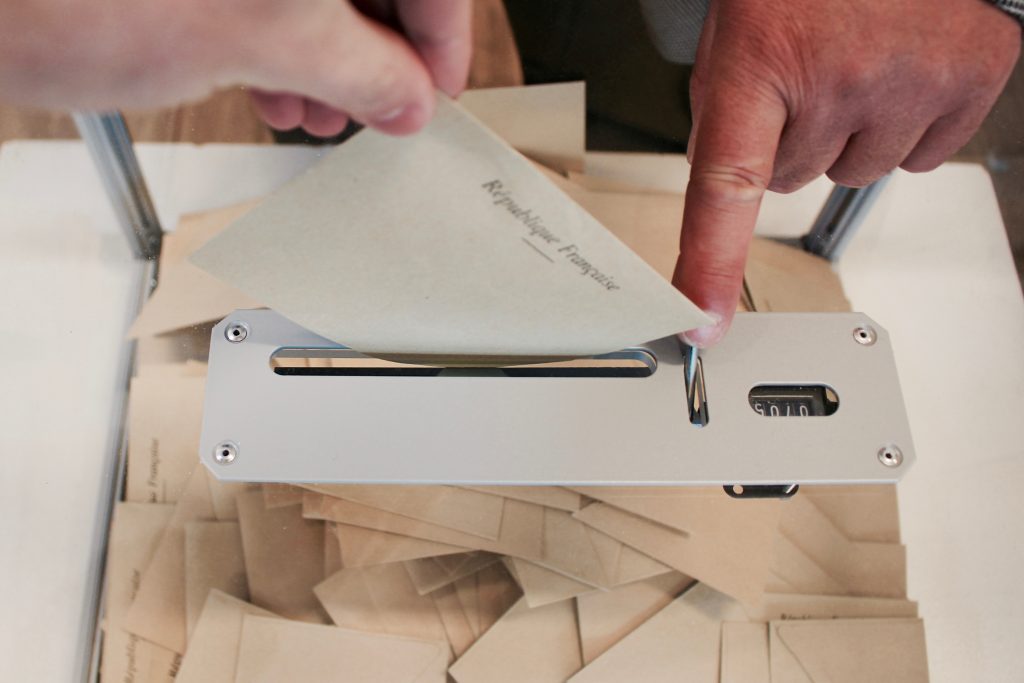
The introduction of a scheme to force all voters to show a form of ID at polling elections during the May local elections is unneccesary and exclusionary. This scheme was introduced earlier this year and is being trailled in Watford, Bromley, Gosport and Woking before planning to make the scheme country-wide.
While forcing voters to have ID seems like a good idea in principle, it doesn’t work when applied to real people who will be significantly adversely affected by it. Voting ID restrictions are meant to maintain the integrity of the ballot box, as many politicians all over the world have said, and at first glance it does do exactly that. After all, who doesn’t have a form of ID? In this ever-changing modern world, it is expected that every person has a passport, a driving license or at least a bank statement to prove who you are. Particularly among younger people, who require at least one form of official ID to simply buy a drink, there doesn’t seem to be a reason to stop this voting ID scheme coming into effect.
However, many charities and organisations such as Age UK, Stonewall, Operation Black Vote and the National Union of Students have opposed the scheme, writing to constitution minister Chloe Smith in favour of removing it. They say that forcing people to present voter ID will “present a significant barrier to democratic engagement and risk compromising a basic human right for some of the most marginalised groups in society”.
It is estimated that at least 7.5% of voters would not have any valid forms of ID to show at a polling station and 24% of voters do not have access to a passport or a driving license specifically, effectively preventing them from engaging in the democratic process.
Darren Hughes, Chief Executive of the Electoral Reform Society, another group opposing the change, said that while “electoral fraud is a serious issue”, he believes that “mandatory voter ID is a sledgehammer to crack a nut”. While it may be a crude analogy, it is apt as it is clear that these restrictions are an overreaction to a minor problem. During the 2017 General Election, claims made on social media alleging that people had voted twice in the election only resulted in one conviction, according to figures provided by the Electoral Commision. It is argued that cases of electoral fraud is actally diminishing, meaning that these voter ID restrictions are not aiding but rather hindering the electoral process.
These voting ID restrictions have the power to stop many Black, Asian and Minority Ethnic (BAME) people from voting, as well as those from a working-class background or those that are homeless. These people are the most likely to lack any form of valid ID, due to their backgrounds, as many cannot afford to apply for a passport or even a provisional driving license. Homeless people are unable to do so simply because they lack an address and would thus also be prevented from voting.
Being able to vote is a democratic right and stripping any one person of that right should not be legal. •
